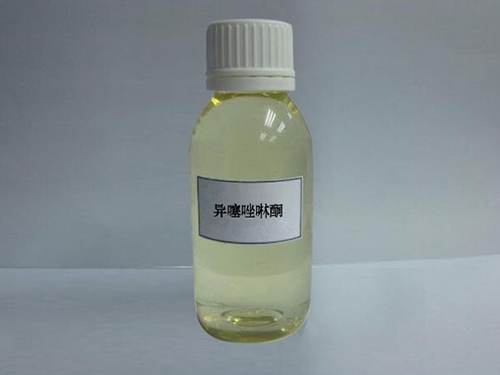Understanding the Role of Corrosion Scale Inhibitors in Industrial Applications
Understanding Corrosion Scale Inhibitors Protecting Infrastructure and Enhancing Durability
Corrosion is a natural process that leads to the deterioration of materials, primarily metals, due to chemical reactions with their environment. This phenomenon can significantly affect infrastructure and equipment, resulting in costly repairs, safety hazards, and reduced operational efficiency. In industries such as oil and gas, water treatment, and manufacturing, the use of corrosion scale inhibitors is crucial for protecting assets and extending their lifespan.
What are Corrosion Scale Inhibitors?
Corrosion scale inhibitors are chemical additives designed to prevent or reduce the rate of corrosion in metals and alloys. They work by forming a protective layer on the surface of the metal, which acts as a barrier against corrosive agents such as water, oxygen, and acids. These inhibitors can be organic, inorganic, or a combination of both, and they are used in various applications, including pipelines, boilers, cooling systems, and storage tanks.
Types of Corrosion Scale Inhibitors
There are several types of corrosion scale inhibitors, each suited for specific environments and applications
1. Organic Inhibitors These are often based on nitrogen, sulfur, or oxygen-containing compounds. They are effective in neutralizing acidic environments and can adsorb onto metal surfaces, forming protective films. Common examples include amines, phosphonates, and carboxylic acids.
2. Inorganic Inhibitors These include various salts such as phosphates, chromates, and nitrites. They work by precipitating on the metal surface or by modifying the electrochemical processes that lead to corrosion. Inorganic inhibitors are typically more effective under acidic conditions but may pose environmental risks.
3. Bio-based Inhibitors With increasing environmental regulations, there is a growing interest in bio-based corrosion inhibitors derived from natural sources. These can include plant extracts and other organic materials that inhibit corrosion through various mechanisms.
corrosion scale inhibitor

How Corrosion Scale Inhibitors Work
The effectiveness of corrosion scale inhibitors depends on several factors, including the concentration of the inhibitor, the type of metal, the corrosive environment, and the presence of other chemicals. These inhibitors function through several mechanisms
- Film Formation Many inhibitors form a protective film on the metal surface, which reduces the exposure of the metal to corrosive agents. This layer can be either passive (an oxide layer) or active (an organic barrier).
- Electrochemical Control Some inhibitors disrupt the electrochemical reactions that lead to corrosion. By altering the potential of reactions occurring at the metal surface, they can slow down the overall corrosion rate.
- Scale Prevention In addition to inhibiting corrosion, some scale inhibitors can prevent the formation of mineral scale deposits, which may cause clogging and reduce the efficiency of heat exchangers and other systems.
Applications of Corrosion Scale Inhibitors
Corrosion scale inhibitors find usage across various industries. In oil and gas, they are used to protect pipelines and storage tanks from the corrosive effects of crude oil, water, and gases. In water treatment, these inhibitors help maintain the integrity of distribution systems and reduce maintenance costs. In manufacturing, they play a critical role in protecting machinery from wear and extending their operational lifespan.
Conclusion
The importance of corrosion scale inhibitors cannot be overstated. They play a vital role in protecting metal surfaces from deterioration, thereby ensuring safety, reducing downtime, and optimizing operational longevity. With ongoing research and development, especially in the realm of environmentally friendly options, the future of corrosion protection looks promising. As industries continue to prioritize sustainability and efficiency, the role of corrosion scale inhibitors will undoubtedly remain at the forefront of material preservation technologies.
-
Water Treatment with Flocculant Water TreatmentNewsJun.12,2025
-
Polymaleic AnhydrideNewsJun.12,2025
-
Polyaspartic AcidNewsJun.12,2025
-
Enhance Industrial Processes with IsothiazolinonesNewsJun.12,2025
-
Enhance Industrial Processes with PBTCA SolutionsNewsJun.12,2025
-
Dodecyldimethylbenzylammonium Chloride SolutionsNewsJun.12,2025





